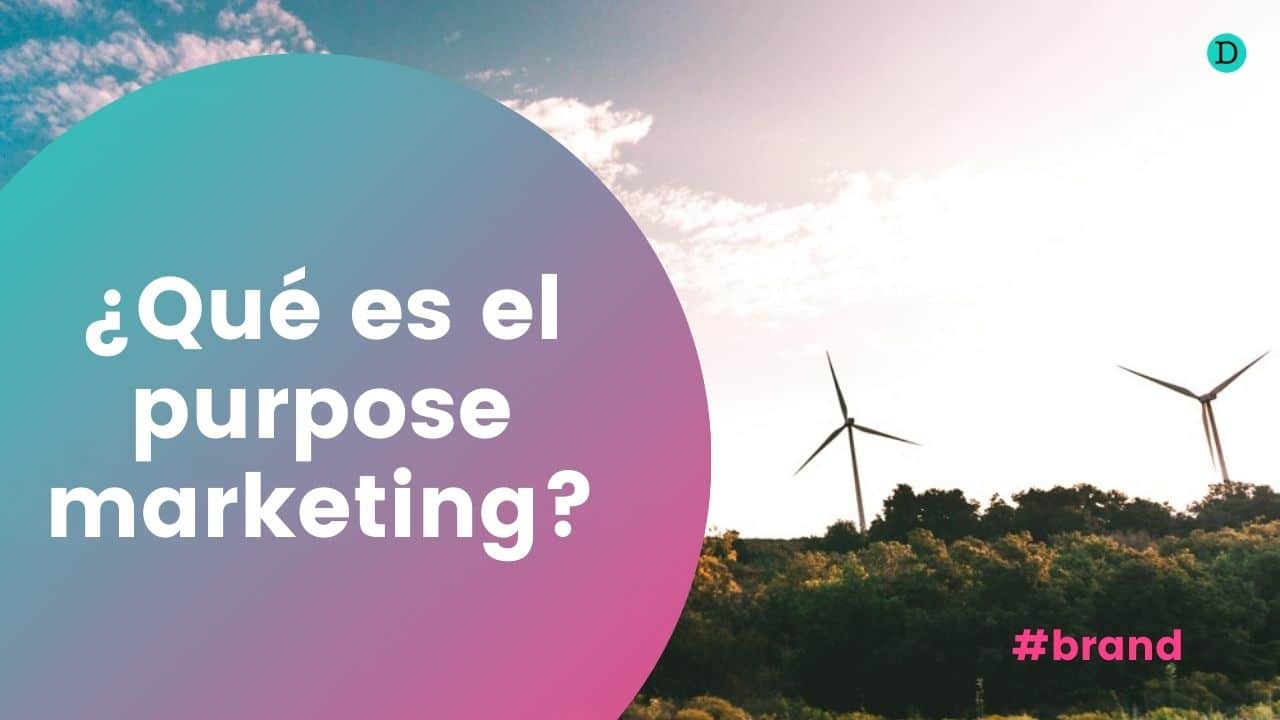Doing the right thing questions for a digital marketing campaignwill be one of the keys to a successful outcome. Most of the time, the reason why a campaign does not work is because of the performa as it should, is poorly defined.
We can't start out on a wild goose chase. Good planning is crucial to achieving good results. Without planning, we may occasionally get a lucky break, but it is not going to be the norm.
Initial errors may include budget issues, wrong channels and formats, poor time management, lack of follow-up and iteration/improvement processes, etc.
Although each campaign will be different in its approach and developmentthe initial questions are very similar. That's why I wanted to bring to this article ten key questions you should ask yourself before starting your marketing campaign.
I guarantee that if you stop to answer them, your digital marketing campaign will have a better outcome.
1. What is my main objective for the digital marketing campaign?

The questions for a digital marketing campaign should always start with the definition of the main objective. Answering this question will lead to other questions and thus begin the process.
For example, we can ask ourselves how to position a new product or how to improve the your company's online presence. Normally, these objectives are more generic, of the type: sell more, gain more subscribers, increase my followers on social networks, increase visits to our website, etc.
The main objective is the most important one, which is why the whole campaign will be dependent on him. This does not imply that there cannot be other additional secondary objectivesWe will now see, but the metric we are primarily looking for must be clear.
If two different objectives are equally important, then we have to to run two different digital marketing campaigns.
2. What are my secondary objectives?

Once the main objective has been defined, it is time to do the same with the secondary objectives. For example, if our objective is to increase our number of followers, we may also want to increase the number of followers. social media engagement or the brand awareness. Mostly because, otherwise, this increase in followers will not have any real implication.
If we want to sell moreFor example, we may want to prioritise by department or product. Or, if we are looking for gaining hits on a blogIf you would like to subscribe to our newsletter, we would also be interested in having you sign up on our form.
Every objective, whether primary or secondary, has to be a SMART target. That is to say, in Spanish, specific, measurable, time-bound, realistic and relevant.
For example, if we want to gain more subscribers, the objective of the digital marketing campaign cannot be just "gain more subscribers". It should be something like "gain 20% more subscribers in the next six months". If we want to sell, "increase sales by 10% in the next quarter", to give two examples.
In this way, we can track and create intermediate steps. For example, x number of monthly sales to reach the quarterly target.
To make them realistic, it is important to take into account the history and the changes we are going to implement. It may be that, for example, if we use new technology, we may be able to double the figures we were doing before.
3. What is the best channel to achieve each objective?

Once we have primary and secondary objectivesthe following questions for a digital marketing campaign The success stories have to do with the channels.
Digital marketing is a very wide world and we have to decide what approach we want to take. Are we going to use SEO or SEM? If we go for SEOare we going to create a SEO content strategyOr are we just going to use linkbuildingwe will focus on the Technical SEO or optimise the product sheets?
If we are going to make a Google ADS campaignwe go with PPC or do we prefer to go for printoutsWhat if we try programme or instead of using Google we use social adsOn which social network should I place my advertisements? Facebook e Instagramin TikTokin LinkedInin YouTube...?
Are we going to work on the email marketing Do we need to improve subscribers first?
Depending on the type of objective we have, the answers to these questions will be different. Of course, we don't have to use a single strategy, the most common, as long as the budget is sufficient, is to combine several channels to achieve the objective of the campaign.
In fact, the different channels can usually feed back into each other. SEM work can help SEO work fasterfor example, by giving data to Google about users' interest in certain keywords, their time spent, etc.
4. How much time do I have to achieve my goals?

I have brought it forward before, but I take it up again and expand on it. Time is going to be of the essence in a digital marketing campaign. Not only because the objectives have to be time-bound, but also because the campaign itself needs to be time-bound in order to be a campaign.
There may be campaigns that are repeated periodically, such as general sales campaigns, but in order to analyse and track them properly, they must be given a starting point and an end point.
In addition, there will be other date-dependent campaigns such as a campaign for brand anniversarythe Black Fridaythe Christmas campaign or summer... In these cases, the experience of previous years can help us a lot to fine-tune each time.
Depending on the time we have, the actions to carry out and channels to use will be different. For example, if we are in December and we want to do a Christmas campaignit will make much more sense to opt for SEM that by SEOorganic positioning works in the medium and long term.
However, we can start working on it if we are thinking about next year's campaign. This, for example, is common for brands that concentrate their sales on Christmas, such as toy companies. Sales are mainly made at that time, but the organic campaigns are maintained throughout the year.
In this sense, for example, it does not make sense to work with SEM after Epiphany, but if you will have to do it SEO. For the SEM We will have to wait for the Christmas shopping to start in November.
5. How do I turn my objectives into concrete actions?

One of the most complicated parts is turning objectives into concrete actions. We have already responded to the first questions for a digital marketing campaign and it's time to transform those answers in something tangible.
We have the objectives and we have, more or less, the channels we want to use. Now it's time to take a look at the latest trends in digital marketing in case there is something we have missed. Also take a look at what others are doing.
Maybe we need to learn how to make a podcast for businessbecause it's working very well and it's something we hadn't even considered.
In this sense, it is important, for example, that if we are going to work on positioning we look at the SEO competenceif we are going to work on the SEMthe competition in search of paymentetc., beyond the actors that we have defined as competition in general.
At this point we need to look, as specifically as possible, at all the actions that will help us to achieve my goal. For example, if I want to sell more through email marketingIn order to create a newsletter, I will have to enter the number of newsletters I am going to send, the content I need for them, the discounts, offers and promotions I am going to offer, the audiences I am going to use or create and the way to nurture those audiences.
It is a matter of putting into practice what we have prepared at a more theoretical level.
6. What tools do I need?

Al having translated the objectives into concrete actionsIn some cases, we may realise that we need the help of certain technological tools. Beware that it doesn't have to be complicated and expensive software, they can be SEO extensions free of charge or plugins for WordPresssimply put.
If we want to make a good SEO work and carry out a keyword research quality, for example, we will need a payment tool type SEMrush, Ahrefs o Sistrix. Although we can find keywords The time it will take and the limitations we will encounter mean that we cannot run a digital marketing campaign without them.
Once we know which tools are essential, we must take into account the cost of these tools because they will have to be added to the total cost of the campaign. In many cases, it will be more economical to contract the service to an agency that has all the tools than to acquire them ourselves.
7. What is my budget?

We then continue with the costs. We know what to do, but how much can I spend? It is very common in a marketing campaign having to adapt the budget.
In case we are talking about sales campaignsThe return on investment. This way, you can know how much you can invest and if it is paying off, you can even improve your budget and achieve optimised results.
In the campaign budget all costs, both direct and indirect, must be included. A direct expenditure can be the cost of a Google ad or a banner for our website, while in the indirect ones we can include the marketing agency cost or our staff if it is an inside job.
Keeping track of the cost per project will help to optimise expenditure and ensure that the return on investment is positive.
In other cases, for example if we make a campaign based on impressions or brand awarenesswill not be the ROI the meter to pay attention to, as it is not something that directly returns an economic benefit. On the contrary, this type of action is more intended to generate medium-term profitability and long term.
Or, directly, to achieve other objectives, such as improving the employer branding or the reputation of the company.
8. Do I have the knowledge and time?

To continue, there is one question that can save your campaign: Do I have the knowledge that the campaign requires? If, for example, we have decided to do SEMbut we don't know what they should look like. online advertising formats or, on the contrary, we go with organic positioning, but we don't know any strategies for Creative SEOWe will have to look for an alternative.
We have two options. Either we can be less ambitious and tailor the digital marketing campaign to our expertise or find a professional to do it for us, whether it's a digital marketing agency or a freelance.
On the other hand, there is the question of the time. We may not know how to do SEMBut we have all the time in the world. Then we might want to stop and learn. However, it is not uncommon in any organisation to have problems with the time management.
If the time you need to learn the skills that the campaign will require is too long or you simply have so much work that you can't take on any more, you will need to delegate.
In many cases, delegating to someone really qualified is the best thing to do if we want good results. It is, however, an extra cost that we will have to incorporate into the budget and make the necessary adaptations.
9. How will I monitor the marketing campaign?

I can't finish the questions for a digital marketing campaign not to mention the follow-up of the campaign. The campaign will be meaningless if we do not track the results thoroughly.
There is no need to worry about the weather, if we select the right KPIswe can create automated reporting that give us the key indicators at any given moment.
To this end, Google Data Studio (now called Looker Studio) is a fundamental ally and if we use other paid tools, they will also have different reporting options. The most important thing here is to know how to choose.
Not all data is relevant. Keep the ones that really make a difference. We don't have all the time in the world to study every last variation of the campaign. You have to be practical and rely on what you can making a difference.
10. What will I do if the campaign doesn't work?

Finally, it is necessary to establish a Plan B. In many cases, things do not go as planned. There are multiple factors that can arise and change everything, from a new competitor with a huge budget to a global pandemic, as we have seen recently.
While reacting to and changing what is not working is important, it is also important to know that the marketing takes time. Even in a paid advertising campaignThe campaigns require a few days for the algorithm to learn and the results to be displayed.
If we talk about SEOFor example, it takes three to six months to see the first results. So if it's been three months and nothing has happened, peace of mindIt is not yet time to establish changes.
Schedule reviews and create alerts in the reports for critical situations can help us to know when to start with changes, reiterations and improvements. Sometimes it may even be necessary to stop completely and start from scratch.
And one last piece of advice, if something doesn't work, don't give up. Rome was not built in a day and a campaign is not going to be perfect the first time around. It requires patience, testing and intelligence. But if you answer all these questions, you will be closer to success.





